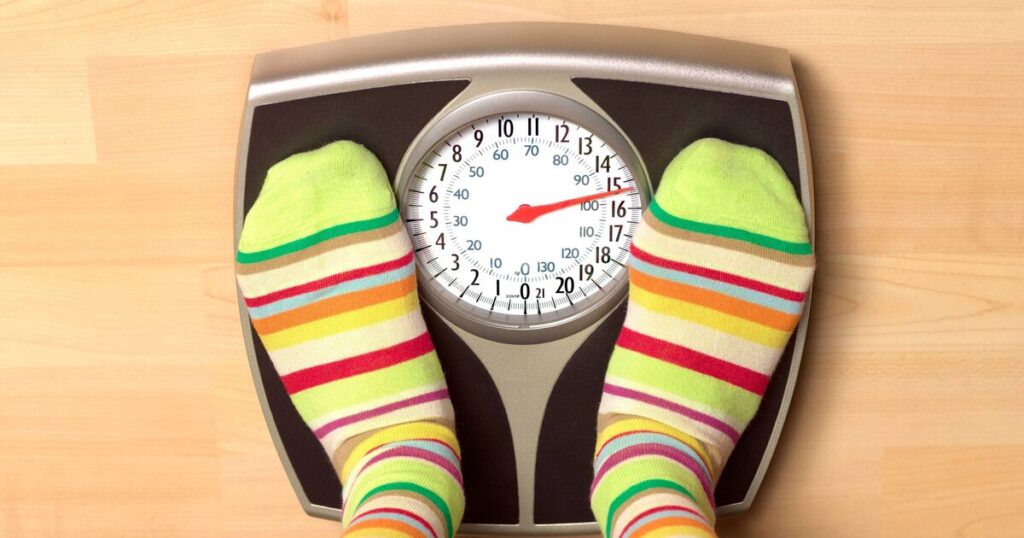
The NHS has spotlighted a simple test that could help determine your personal risk of developing diabetes. While it won’t provide a diagnosis, the health service asserts that taking this test ‘could be the most important thing you do today’.
“Type 2 diabetes can lead to serious health complications if left untreated,” the NHS posted on X. “Finding out your risk only takes a few minutes using the @DiabetesUK risk tool – it could be the most important thing you do today.”
Type 2 diabetes is a prevalent condition characterised by the body’s inability to produce sufficient insulin, or the insulin produced not functioning properly. Insulin, which is produced in the pancreas, plays a key role in regulating blood sugar levels – without it, these levels can escalate dangerously.
While type 1 diabetes, triggered by immune system issues, is unavoidable, type 2 diabetes can be prevented. “You can manage type 2 diabetes with diet and exercise, or medicines,” current NHS guidance reads.
“Having high blood glucose levels can cause complications such as heart disease, kidney disease, stroke or nerve problems. It may be possible to prevent type 2 diabetes or stop it (remission) by losing weight and improving your diet.”
Those interested in evaluating their risk can visit the Diabetes UK website, where a two-minute test is available. Participants are advised to have a tape measure and scales at hand before starting, as obesity and a waist circumference over 35 to 40 inches are considered risk factors for the condition.
It is also essential to collect special category data about health and ethnicity for improved accuracy in results. According to Diabetes UK, individuals of Black African, African Caribbean, and South Asian backgrounds face an increased risk of developing type 2 diabetes at a younger age.
“The Know Your Risk tool is not a diagnostic tool,” a description for the online tool reads. “It is designed for people without a current diagnosis of diabetes and is intended to highlight a person’s risk of developing type 2 diabetes in the next 10 years.
“The results are not medical advice. If you are at risk or concerned about diabetes, we advise visiting a healthcare professional for further information. Please note: the results will underestimate your risk if you have a history of gestational diabetes.”
The assessment should only be taken by those over 18 and is not meant for pregnant women, as their results would not be reliable. For more information, head to Diabetes UK.
Red flags of type 2 diabetes
The NHS explains that the primary signs of type 2 diabetes are:
- Feeling constantly thirsty
- Unexplained weight loss
- Overtiredness
- More frequent urination
However, other red flags can be:
- Itching around the penis or vagina
- Reoccurring thrush
- Wounds taking a long time to heal
- Blurred vision
Anyone who is concerned about their symptoms ought to seek medical advice.
 Latest World Breaking News Online News Portal
Latest World Breaking News Online News Portal






